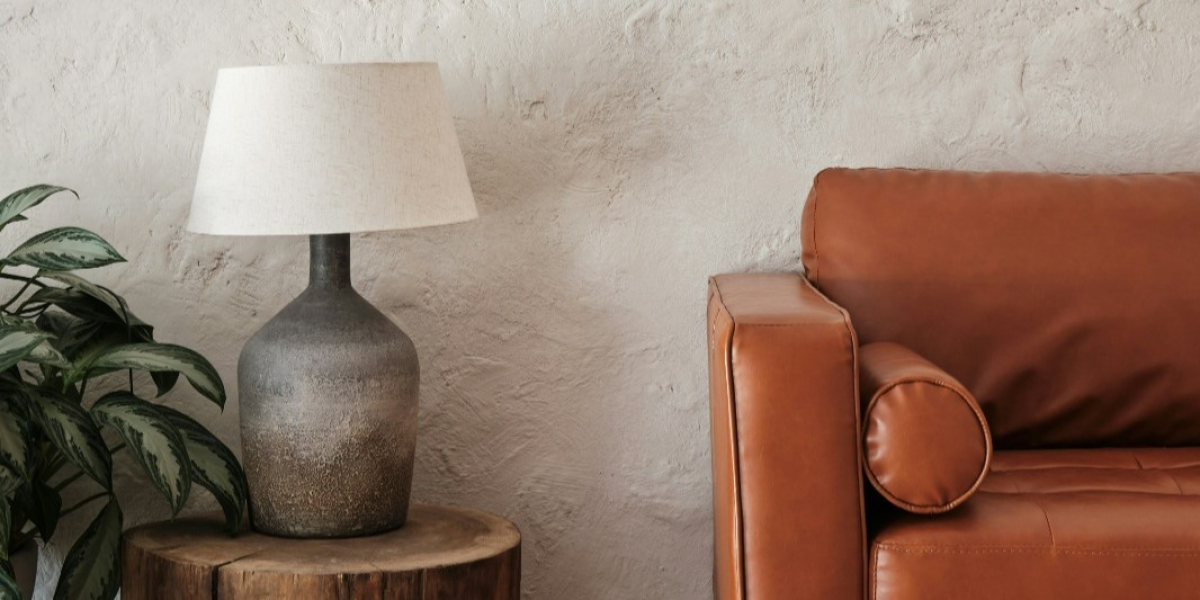While actors and directors often receive the spotlight in the world of entertainment, the art of set design plays a crucial but often underrated role in bringing stories to life on the big and small screens. From creating immersive worlds and establishing atmosphere to enhancing storytelling and character development, set design is a fundamental aspect of filmmaking and television production. Let’s delve into the importance of set design and how it influences the viewer’s experience.
Setting the Scene
Set design involves the creation and arrangement of physical environments, props, and furniture within a film or television production. Whether it’s a grandiose castle, a futuristic spaceship, or a cozy living room, the set serves as the backdrop against which the story unfolds. By meticulously designing and constructing these environments, set designers transport viewers to different time periods, locations, and fictional worlds, enriching the storytelling experience.
Establishing Atmosphere and Mood
One of the primary functions of set design is to establish the atmosphere and mood of a scene. Through the use of lighting, color schemes, textures, and architectural elements, set designers can evoke specific emotions and enhance the narrative. For example, a dimly lit, claustrophobic set might create tension and suspense in a horror film, while a bright and colorful set could convey joy and excitement in a romantic comedy.
Enhancing Character Development
The environments in which characters exist can reveal valuable insights into their personalities, motivations, and relationships. Thoughtfully designed sets can serve as visual cues that provide context and depth to the characters’ stories. From the cluttered workspace of a genius inventor to the opulent mansion of a wealthy antagonist, the details within a set can help audiences better understand and connect with the characters on screen.
Supporting Plot Development
Set design also plays a crucial role in supporting plot development and advancing the story. Well-designed sets can facilitate seamless transitions between locations and help convey important plot points without the need for explicit exposition. For example, a meticulously crafted crime scene might contain subtle clues that foreshadow future events, adding layers of complexity and intrigue to the narrative.
Contrarian View: Challenges and Limitations
While set design can greatly enhance the visual and narrative aspects of a film or television show, it also presents unique challenges and limitations:
- Budget Constraints: Creating elaborate sets can be costly, especially for independent or low-budget productions. Set designers must often work within tight budgetary constraints while still striving to achieve the desired aesthetic and atmosphere.
- Logistical Challenges: Building and dismantling elaborate sets requires careful planning and coordination. Additionally, filming on location presents its own set of logistical challenges, such as securing permits, dealing with weather conditions, and accommodating the needs of cast and crew.
- Maintaining Consistency: Maintaining consistency in set design is essential for preserving the continuity of a film or television series. Set designers must ensure that props, furniture, and architectural details remain consistent throughout filming to avoid continuity errors that can distract viewers.
In Summary
While actors and directors rightfully receive acclaim for their contributions to film and television, the art of set design plays a vital role in bringing stories to life on screen. Through meticulous attention to detail, set designers create immersive environments that establish atmosphere, enhance character development, and support plot development. Despite the challenges and limitations they may face, set designers continue to push the boundaries of creativity, enriching the viewer’s experience and contributing to the magic of cinema and television.








